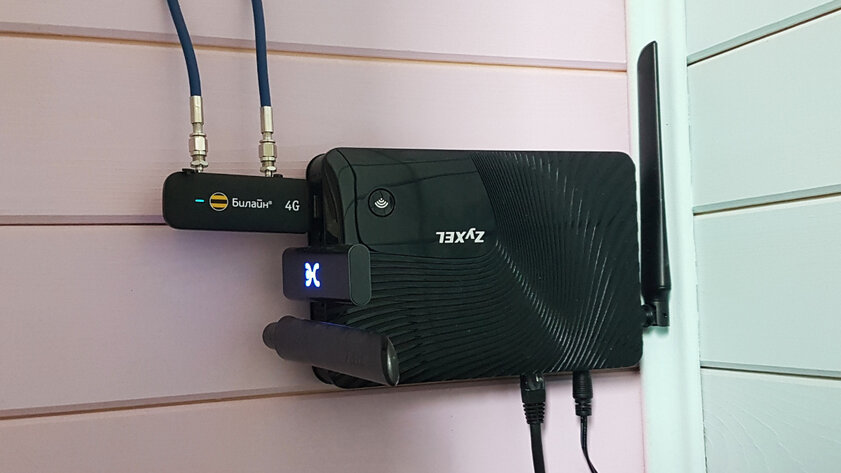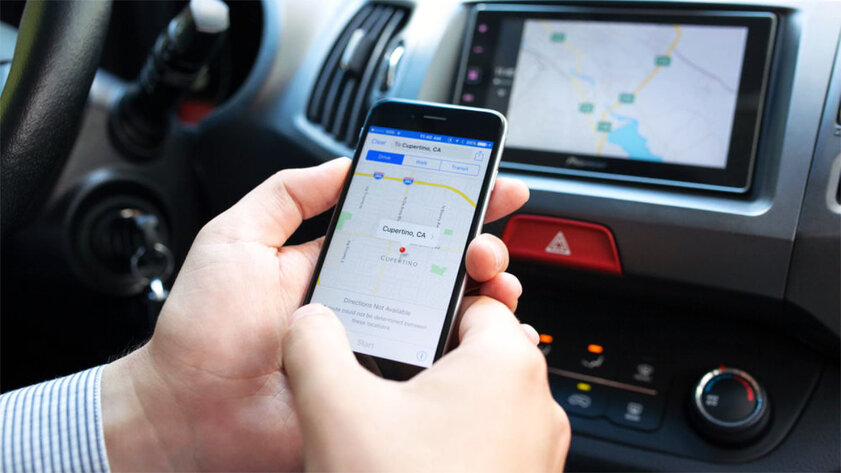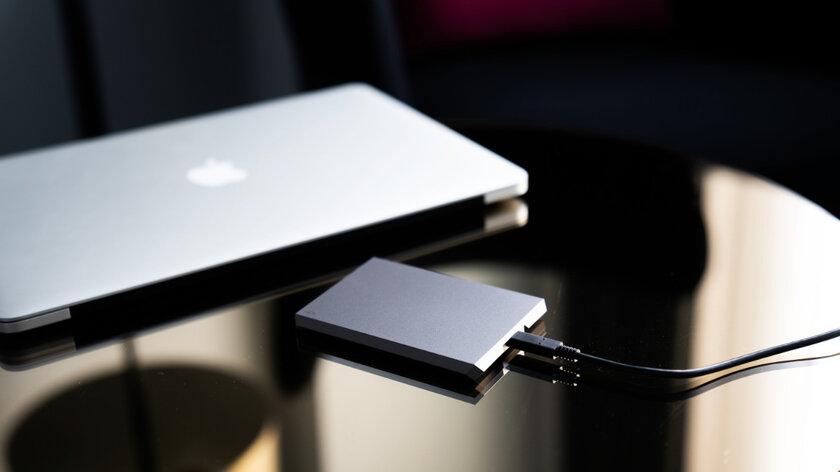The global community is accustomed to using fast internet. This is not surprising, because even modern mobile networks make it possible to transfer really capacious files and watch online video in high resolution without any problems. Moreover, studies show that when the speed of access to the network suddenly decreases, it frankly annoys many people. No wonder you get used to good things quickly. However, fast Internet today is not everywhere. Experienced travelers know this well. When his speed and stability drop noticeably, it’s time to adopt a few life hacks that will help you survive in such a situation.
- To this topic: The Internet does not work well at home – what is the reason and how to speed it up
Indoors, it is better to use Wi-Fi at a frequency of 5 GHz
Unlike 2.4 GHz, this frequency is less susceptible to interference
Almost all more or less modern home routers can organize a Wi-Fi network in two frequency bands: 2.4 GHz and 5 GHz. The first is usually offered as the default option – at this frequency, the wireless connection has a lower speed, but a greater useful range. The second option involves a reduced distance, but faster information transfer. However, there is another important difference between the 2.4 GHz and 5 GHz frequency bands – interference between networks. When access to the Internet is already very limited in speed, it is important to preserve it as much as possible. To do this, it is best to use a 5 GHz connection – this is especially true while living in apartment buildings.
💡 It is important to understandthat one router for the whole room may simply not be enough. In this case, it makes sense to get a Mesh system or a gadget that supports the repeater function. Such devices expand the range and potential useful use of Wi-Fi.
“Catching” mobile Internet is best outdoors
Putting your smartphone near the window is not the best idea
Sometimes it happens that the mobile Internet starts to work better than the wired one at home or in the office. This happens especially often when there is a break in the line or it is simply overloaded with other connections. The output is any analogue of the “Modem Mode” function on a smartphone. However, it is important to understand that mobile Internet does not always work stably indoors. The situation changes for the better if you put the gadget on the windowsill, but this does not negate the numerous interferences. As practice shows, even windows are a serious hindrance to Internet speed. To increase the dynamics of data transfer, it is better to open a window or even place a smartphone behind it.

You can use mobile Internet through a router
This requires support for a cellular network or an LTE modem.
If there is no access to the stationary Internet for a long period of time, it makes sense to get a router with cellular network support. There are gadgets on sale both with a built-in LTE modem and with the ability to connect it additionally. Both options are suitable for organizing a Wi-Fi network not only for a computer or tablet, but also for smart home appliances at home or in the office. The main thing is to remember about interference for mobile communications from walls, windows and other structural elements of a particular room. It is best to organize a place for a router with access to LTE on a balcony, terrace or even on the street. The main thing is that weather conditions should not be a hindrance to this.

💡 Interestingthat professional routers for using the mobile Internet involve connecting to the networks of several mobile operators at once. So surfing sites and other manipulations with the global digital web can be done as stably as possible.
Documents, videos and GPS maps must be downloaded offline
This is important to do as soon as you have access to the network.
When there is no stable Internet in a certain region all day long, offline data becomes especially valuable there. Almost everything can be downloaded to the drive of a smartphone, tablet or computer today. This, for example, applies to documents that were previously uploaded to the cloud. On any popular video services, it is possible to download videos for viewing offline – for example, on YouTube, this requires a Premium subscription. If you plan to move around a certain region, which may have limited access to the Internet, it makes sense to download maps in advance. This can be done both in the standard Google navigation application, and in the specialized Maps.me program, which is designed specifically for this.

Download managers will help downloads and torrents
The latter are very convenient to use for file sharing.
Not all sites assume an unstable Internet connection to download files of any type. It also happens that when the connection is broken, the document needs to be downloaded again and from the very beginning. In this case, it is logical to use specialized download managers, which make it possible to pause the download and continue it at any convenient time. For Windows or macOS, Free Download Manager (free), Persepolis (free), or Ninja Download Manager (about $19) are good options. To exchange capacious files with acquaintances and friends, you can also use the torrent system. You need to drop the necessary files directly into the download application and agree to create a link file for data exchange.

💡 note, despite the convenience of using torrents to share files in an unstable Internet connection, transferring too important data is so undesirable. With certain skills, they can be easily intercepted, which in the end can be fraught.
Source: Trash Box
Donald-43Westbrook, a distinguished contributor at worldstockmarket, is celebrated for his exceptional prowess in article writing. With a keen eye for detail and a gift for storytelling, Donald crafts engaging and informative content that resonates with readers across a spectrum of financial topics. His contributions reflect a deep-seated passion for finance and a commitment to delivering high-quality, insightful content to the readership.







